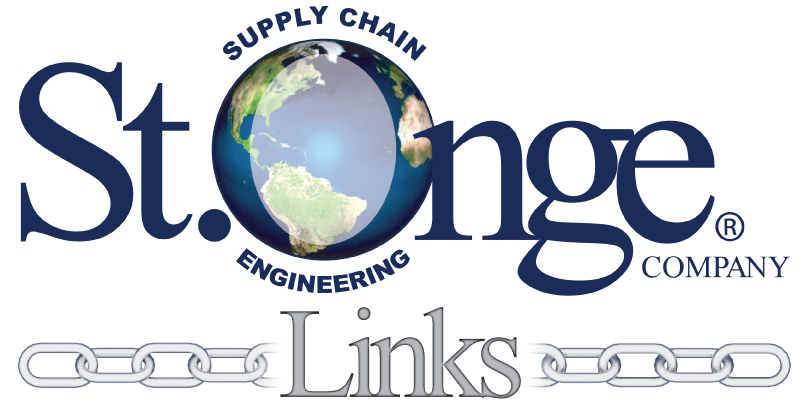 Strengthening your supply chain one link at a time.
Strengthening your supply chain one link at a time.
Before I discuss Fleet Management Systems, I’ll set the footing for when to use a fleet and fleet types.
How do you decide between employing a fleet versus hiring common carriers? It depends on your operational needs, the cost, and the freight market. Your resources are guaranteed to be available with fleets, but you pay for the overhead and “empty miles” costs (freight equipment used without generating revenue). There are no capacity guarantees with common carrier agreements, and capacity commitments are sparse, but you pay only the one-way transactional cost. For example, during the 2008 crash, when common carriers’ capacity was limited, shippers who used the for-hire model switched to the fleet model to fulfill orders, complete deliveries, and retain customers.
Fleet Management solutions are aimed at organizations that directly (private fleet) or indirectly (dedicated contract fleet) manage the overhead of freight operations and the round-trip shipping execution through financial posting.
Fleets fall into two categories; Private or “Dedicated” Contracts. Private fleets are where the client owns the freight equipment, in/directly employs the drivers, and internally manages the transportation solution and freight operations. Dedicated is where the entire fleet management and operations package is outsourced to a third-party logistics provider (3PL). To accomplish this, 3PLs utilize their own fleet management software, leaving the client to manage only the 3PL relationship, which allows them to focus on their core competency. Dedicated services are an extension of the client. For transparency to the customer, Dedicated agreements may include delivery equipment with the client’s logo and drivers in the client’s uniforms. Many 3PLs specialize in only Dedicated services, or it is their flagship offering.
Now that I laid the foundation, let’s talk about Fleet Management Systems. They only pertain to shippers with Private fleets. Many vendors have carved out Fleet Management functionality as their niche; others either offer it as an ancillary module within a larger Supply Chain Execution System (SCES) solution or embedded as part of their Transportation Management System (TMS) solution. The complexity of these vendors’ solutions mirrors the complexity of the client’s operations.
Automation
Optimization (previous bullets plus the below)
Supply Chain Visibility (previous bullets plus the below)
Mobility Interaction (previous bullets plus the below)
Customer Engagement (previous bullets plus the below)
This Fleet Management functionality enables companies to manage their whole fleet operations, including routing execution and optimization, shipment operations, resource (equipment and driver) performance, resource safety, freight regulation compliance, and freight equipment maintenance.
Stay tuned for more blogs that continue to explore the shipper’s OTR transportation systems; TMS and Fleet Management.
–Jess Kittrell, St. Onge Company